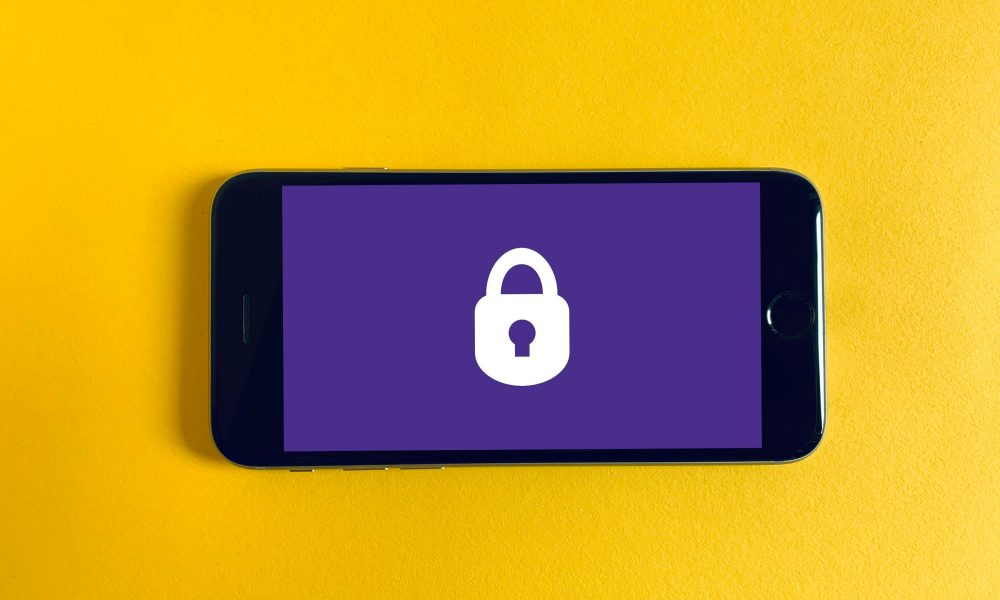Should Boston Public Schools Have Yondr Pouches?
Yondr Pouches are a secure magnetic bag that you put your electronics inside of. They are in the pouch for as long as the place wants you to have them. In Boston, these are usually used in schools that have a no-phone zone — like many Boston Public Schools — and are in the pouch for the whole school day. However, as a student in a BPS school, these should not be in BPS anymore. Yes, principals and teachers don’t want us using our phones in classes, but at different times, we might actually need them.
1. Safety
Was there ever a fire drill or safety drill you had to practice if it ever were to happen? Students could be doing work, and maybe one of those dreadful events could actually happen during school, and people might need an electronic device to call 911. If you don’t have a Yondr pouch, then you wouldn’t have to worry about unlocking it, but if you’re in an unsafe place and your phone is unsecured, you can easily contact people. Students usually want to have contact with their parents, and the parents want contact with their child, and if their child isn’t safe, they want to know if they’re okay or how they are doing.
2. Lunch Time
At lunch when were eating, we sometimes get bored of just eating? Students could use their phones at lunch when eating instead of always talking to friends and staring at the lunch food. Sometimes, students’ friends aren’t at school or with a teacher at lunch and are lonely and bored and need something to do. Yes, adults say to socialize with new people, but some students aren’t really social like me, and when it comes to talking to new people, it becomes awkward. However, the Yondr pouches are impacting the use of our phones at lunch. It could also provide a balance and equivalent amount of academic focus and personal time, enabling them to relax, connect with family/friends, and potentially access educational resources during their break.
3. Learning In Class
Using phones as a resource in class can make the class more engaging and interactive. Phones can be powerful tools for giving more access to learning materials and classroom participation, especially for students with disabilities. When doing an assignment at home or in class, phones enable students to work together on school projects, share resources, and communicate with classmates. For instance, one project could be due on Friday, so you and your group have the whole week to do it, but some days, a group member isn’t there. You can contact your friend by phone to communicate and talk about the project together with the rest of the group. Adults do say that phones distract you during class, but I think teens can control their phone us when learning in class.
Yondr pouches aren’t suitable for Boston Public Schools as they affect students’ ability to use electronics when needed, like in emergencies. Having phones always available allows students to contact emergency services quickly, ensuring their safety is important. During lunch, access to phones can provide a helpful distraction and allow students to stay connected or access educational resources. Phones also serve as valuable learning tools in the classroom, building up engagement and collaboration. If schools allowed phones instead of having Yondr’s and locking them up, teachers would have more engaging and fun activities involving the students’ phones, parents and teens would feel more connected and more in contact with each other, and teens wouldn’t feel bored during lunch. Schools should recognize the importance of allowing students to keep their phones accessible for both educational and personal reasons.
This article was written in partnership with Steppingstone.










